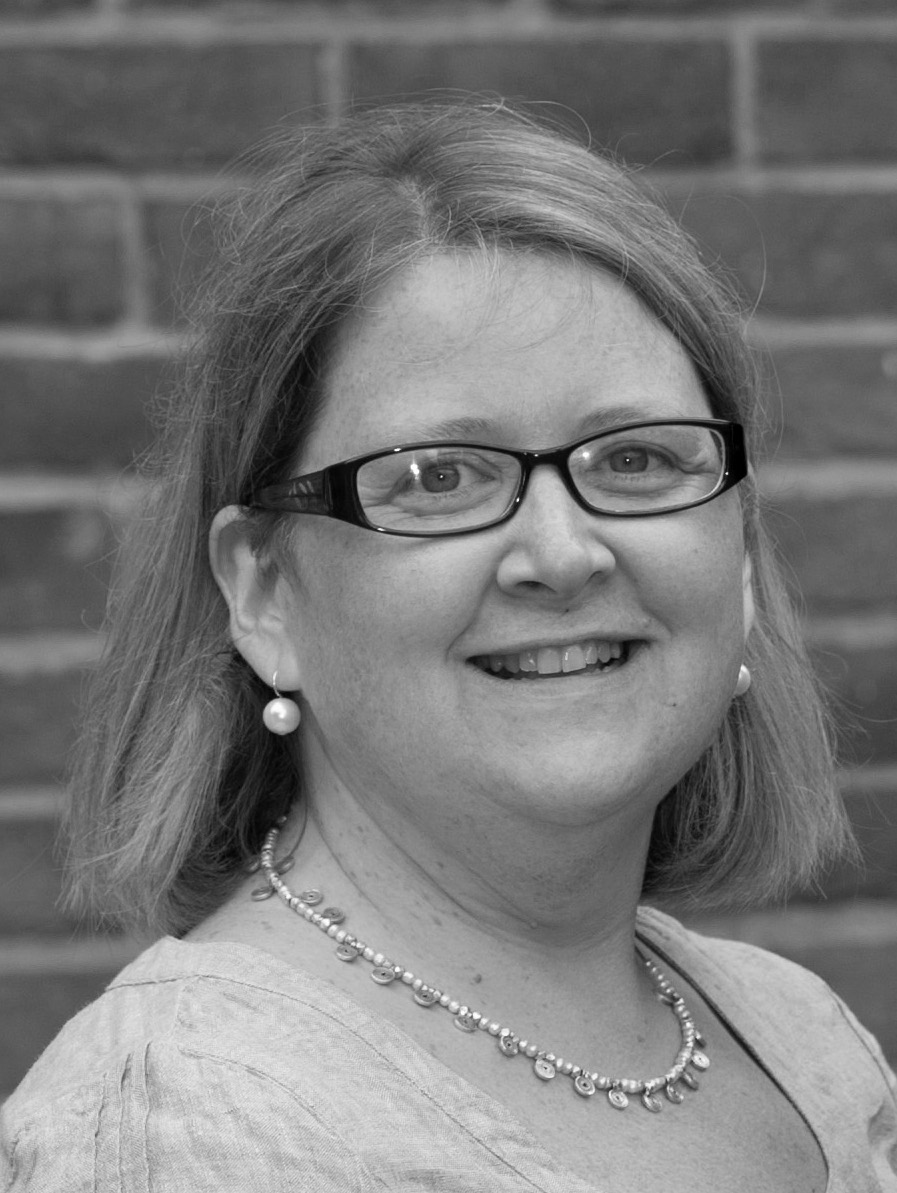
In this extra post, Dr Catherine Bovill and Celeste McLaughlin present the timely and insightful findings from an international, collaborative research project that sought to understand the changes to teaching practices that took place during the initial period of the Covid-19 pandemic. Dr Catherine Bovill is a Senior Lecturer in Student Engagement, and Celeste McLaughlin is Head of Academic Development for Digital Education, and are both based at the Institute for Academic Development (IAD).
In 2020-21, we had the opportunity to collaborate with colleagues at the University of Queensland, Australia, and Lund University, Sweden, to undertake a research project. The project was funded by Universitas 21 (U21) and focused on engaging in conversations with colleagues at Edinburgh, Queensland and Lund to understand the changes to teaching practices that took place during the initial period of the Covid-19 pandemic – in what has been referred to as ‘emergency remote teaching’ (Hodges et al, 2020) – from March 2020 to the end of the semester 2, 2020. The researchers had regular meetings and conversations that gave us valuable insights into different national contexts and the impact the pandemic was having on teaching and learning at each institution.
The project partners from all three universities surveyed and interviewed colleagues from a range of disciplines, class sizes and years of teaching experience (in person and online), and found that many academics shifted their perspectives about the potential of digital education. During 2020, academics had gained digital confidence and developed new teaching practices. Interaction emerged as a key theme, and this included interactions between academics (and other colleagues), interactions between the student and teacher, and interactions that were lost and gained through digital technologies.
The University of Edinburgh case studies were based on data gathered from an online questionnaire distributed during July and August 2020, and semi-structured interviews which took place during August and September 2020. Some insights from these case studies can be found below:
- Perceptions about the possibilities of digital teaching practices changed between the initial questionnaire data and the interviews. Initially there was a lot of uncertainty reflecting sudden changes to teaching practices, and participants commented on a sense of loss and being unable to finish teaching in ways they had started and planned. As they gained more experience of teaching in the digital environment, they were much more positive in the interviews about feeling much better prepared for online or hybrid teaching in semester 1 of the new academic year.
- Respondents included those who were experienced online teachers, who also experienced needing to learn new things for the first time during the emergency period, such as new adaptations to assessment approaches.
- This was an opportunity for teachers to step back and re-think their teaching and assessment practices. For some this meant re-thinking the purpose of the 50 minute lecture and exploring asynchronous alternatives. For others it was an opportunity to consider alternative assessment approaches.
- Live, online teaching was new for many colleagues. Experiences during 2020 offered an opportunity to re-think how to use ‘live’ sessions. In many cases the level of interaction and student engagement in these live online sessions was often higher than equivalent in-person teaching.
- The importance of the human elements of teaching were emphasised. There were concerns about losing a sense of community in the digital environment. Yet, as colleagues gained experience, they explored a range of different ways community can be engendered online.
- Some colleagues were frustrated about the negative perceptions about online learning in the press. Respondents commented that the deep thinking and conversations about teaching that took place as part of the process of adapting their teaching to the digital environment, often resulted in better teaching.
Drawing on the surveys and interviews at the Universities of Edinburgh, Queensland and Lund, we have proposed some overarching principles:
1. Recognise academic problem-solving and ingenuity in response to COVID-19. Create spaces to share practices and try new approaches with a new sense of agency as teachers.
2. Teaching cultures, networks and community matter. Acknowledge the importance of proximity and regular conversations about teaching and learning that are shaped by national, local, and disciplinary contexts.
3. Collectively reflect on post-COVID directions that builds on new practices. Build on the lessons from the Covid-19 pandemic, and support the development of new skills and intentional approaches as more change unfolds with the ongoing influence of the pandemic.
4. Connect pedagogy, assessment and digital technology in curriculum development. Ensure pedagogy and assessment are aligned, and connected with digital technologies that enable ongoing development.
If you’re interested in finding out more about the project, including exploring the case studies gathered at each institution, you may want to have a look at the project report. You might also be interested in exploring the lessons learned at The University of Edinburgh, as we moved beyond the emergency period. These lessons are captured in a Briefing paper: Insights and Learning from 2020-2021 (Bovill & McLaughlin, 2021) as part of the work of the Curriculum Transformation Programme. We hope this paper will support further conversations about the future direction of teaching and learning at the University.
References and further resources
Bovill, C. and McLaughlin, C. (2021) Insights and Learning from 2020-21. Curriculum Transformation Programme Briefing Paper. University of Edinburgh: https://uoe.sharepoint.com/sites/CurriculumTransformation/SitePages/Briefing-Paper—Insights-and-Learning-from-2020-21.aspx (login required).
Hodges, C., Moore, S., Lockee, B., Trust, T., and Bond, A. (2020). The Difference Between Emergency Remote Teaching and Online Learning. Educause Review. Available at https://er.educause.edu/articles/2020/3/the-difference-between-emergency-remote-teaching-and-online-learning (published 27/3/20, accessed 16/12/21).
Matthews, Kelly E., Lawrie, Gwendolyn, Mårtensson, Katarina, Roxå, Torgny, Bovill, Catherine, and McLaughlin, Celeste (2021). Learning together in a global pandemic: practices and principles for teaching and assessing online in uncertain times. Brisbane, Australia: University of Queensland. https://espace.library.uq.edu.au/view/UQ:d9d30c5
We are grateful to Universitas 21 for funding from their Global Education Fund to undertake this collaborative research project.
 Catherine Bovill
Catherine Bovill
Dr Catherine Bovill is Senior Lecturer in Student Engagement at the Institute for Academic Development (IAD), University of Edinburgh, Visiting Fellow at the University of Bergen, Norway and Visiting Fellow at the University of Winchester, UK and previously a Fulbright Scholar. She is Principal Fellow of the Higher Education Academy and Fellow of the Staff and Educational Development Association. Cathy leads the IAD programme and course design team, leads the UoE Student Partnership Agreement and funding scheme, is Convenor of the UoE Principal’s Teaching Award Scheme and is co-chair of the Curriculum Transformation Programme Student Engagement Strategy Group. Her research focuses on student-staff co-created curriculum – she has published over 50 articles and books in this area and is regularly invited to present her work internationally.
 Celeste McLaughlin
Celeste McLaughlin
Celeste McLaughlin is Head of Academic Development for Digital Education and is based in the Learning and Teaching Team within the Institute for Academic Development. She has worked in tertiary education for over 20 years and has gained valuable experience of teaching in blended and online contexts during this time. She worked for the digital technology agency Jisc for over 10 years where she provided expertise in the use of digital technologies for learning, teaching and assessment. Her role in IAD gives her the opportunity to advise and support colleagues as they develop their digital teaching practices. She is a Senior Fellow of the Higher Education Academy and is currently undertaking a part-time PhD in educational research with a focus on hybrid teaching.

